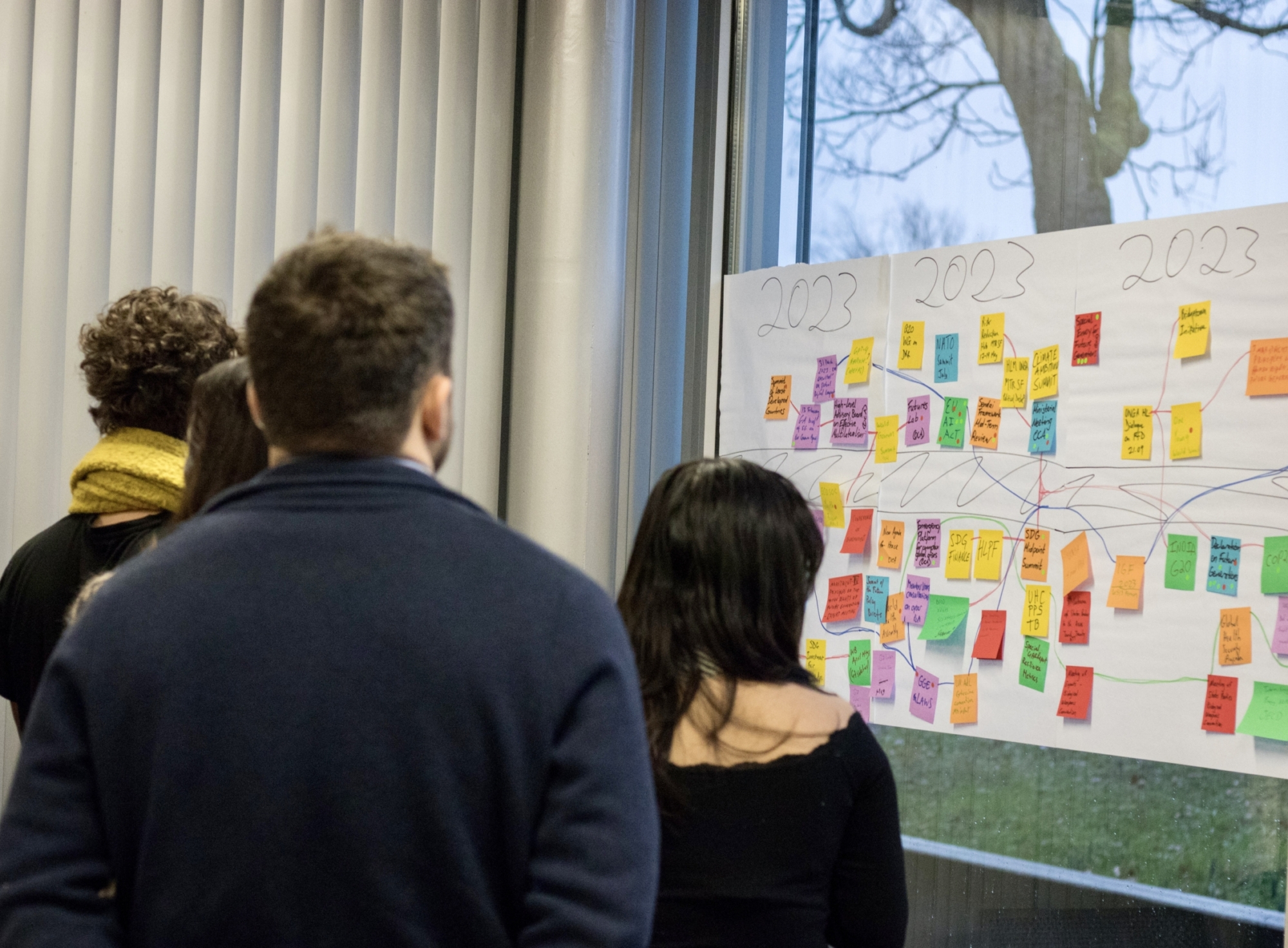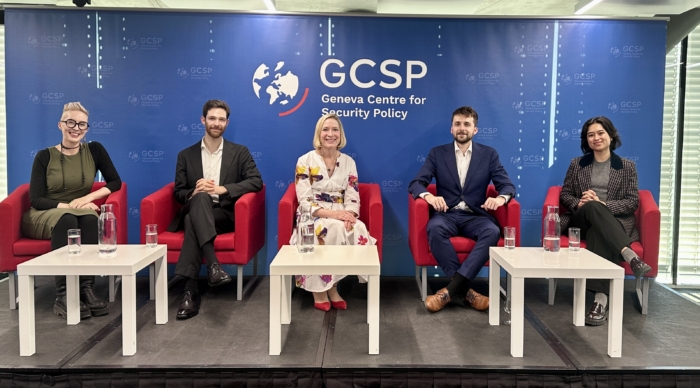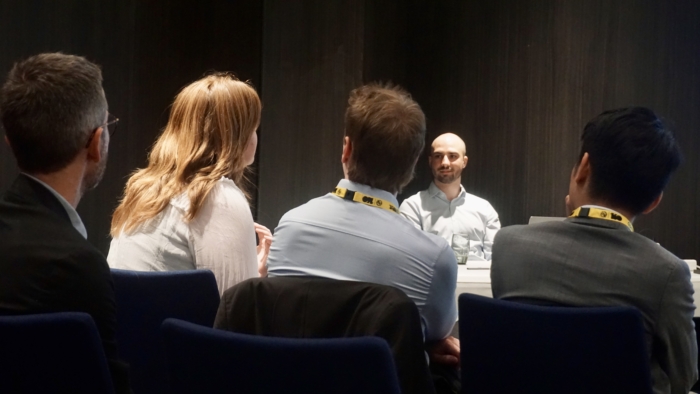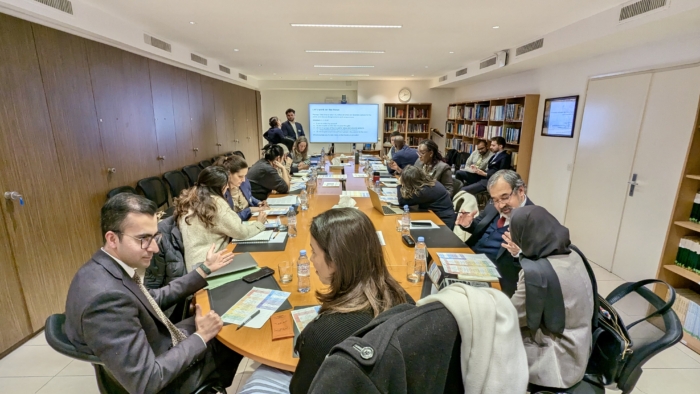
Workshop Proceedings: Future-proofing the Multilateral System
-
Event
-
Risk Goverance
-
Multilateralism
-
Future Generations
Summary: From the 13th-16th January, the Simon Institute hosted 30 actors from across the multilateral system and academia to discuss risks from technological development (particularly in AI and biotechnology), future generations and other related topics. You can read the workshop’s outcomes here.
—
Recent years have seen a remarkable uptick in technological advancements driven by the reinforcement learning revolution: generative AI, biotechnology, nuclear fusion, and sustainable energy among them. Proper governance of these technologies could vastly enhance life across the globe: by addressing climate change, developing universal vaccines, and automating repetitive tasks. However, rapid changes threaten humanity’s ability to make collective decisions and advance sustainably. Uncontrolled change may lead to greater inequality, alongside new risks such as autonomous weapons and engineered pathogens.
These are global problems requiring global cooperation to resolve, but the current multilateral system is ill-equipped to manage these challenges due to a lack of representation, technical knowledge, and overlapping mandates. Nevertheless, recent initiatives like ’Our Common Agenda’, the mid-term review of the Sendai Framework for disaster risk reduction, and the Sustainable Development Goals midpoint discussions offer opportunities to advance the coordination around the development of unprecedentedly powerful technologies.
To boost the understanding of risks and opportunities from rapid technological change in these international processes, the Simon Institute convened a workshop. Held at the Fondation Brocher in Hermance, Switzerland, we gathered 30 actors from across the spheres of disarmament, development, disaster risk reduction and public health to discuss governance gaps and develop solutions.
Some of the policy outputs discussed included:
- Integrating forecasting techniques into the SDG process: forecasting progress on SDG achievement and potential reasons for falling short of them.
- A workshop with leading AI labs and biosecurity agencies on AI-enabled biorisks
- Research into diverse global perspectives on the legal rights and protection of future generations, to inform the upcoming UN Declaration on Future Generations
- Research into the use of technical standardization to develop safe AI and biotech, via organizations like the International Organization for Standardisation
We also co-created a timeline of 121 milestones in multilateral governance of AI, biotechnology and future-focused institutional improvements (publication forthcoming).
The workshop marked a milestone for SI: we successfully brought together our network across disparate workstreams to build a common understanding. Participants left with a shared vision for change, crystallized in the initiation of collaborations on concrete projects.
You can see the full insights from the workshop in the proceedings document here. Our aim is for these proceedings to provide a stepping stone for all actors interested in future-proofing and the multilateral system.
The following organizations were present:
- Centre for Long-Term Resilience (CLTR)
- Future of Life Institute (FLI)
- Geneva Centre for Security Policy (GCSP)
- International Organization for Standardization (ISO)
- Internet Society
- Legal Priorities Project (LPP)
- Organization for Economic Co-Development (OECD)
- Simon Institute for Longterm Governance (SI)
- Strathmore University
- United Nations Foundation (UNF)
- United Nations Institute for Disarmament Research (UNIDIR)
- United Nations Office for Disaster Risk Reduction (UNDRR)
- United Nations Secretariat
- United Nations University – Centre for Policy Research (UNU-CPR)
- University of Cambridge, Centre for the Study of Existential Risk (CSER)
- University of Oxford, Blavatnik School of Governance
- World Health Organization (WHO)
- ZOE – Institute for Future-Fit Economies



